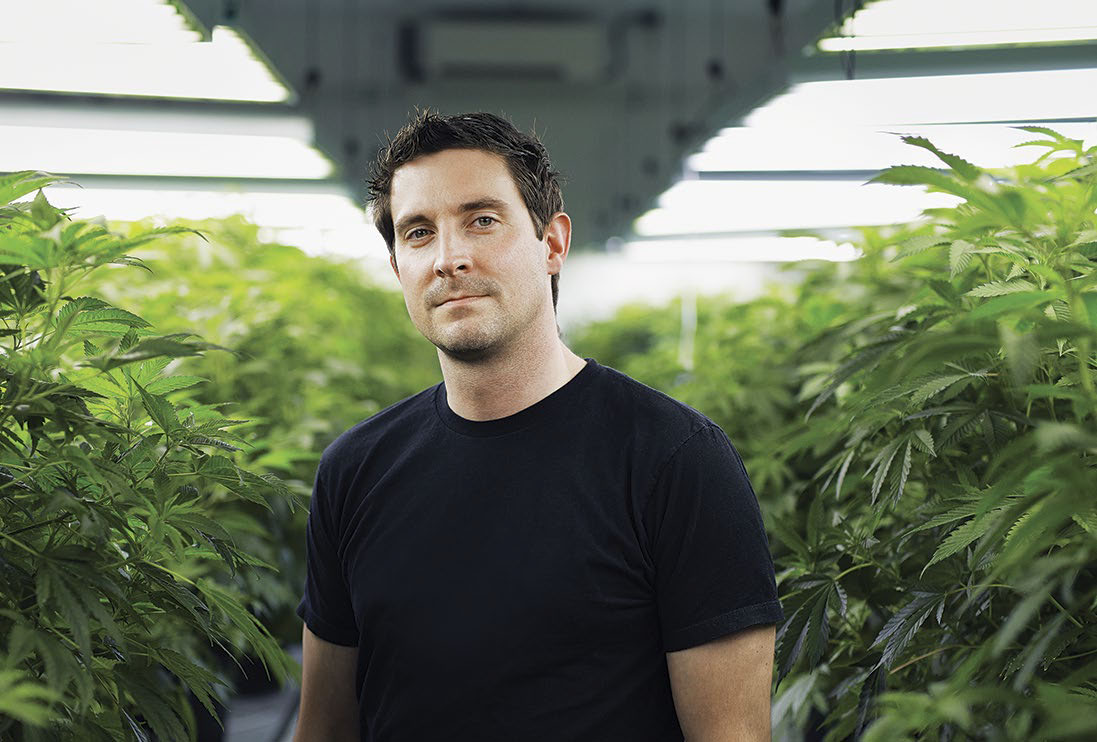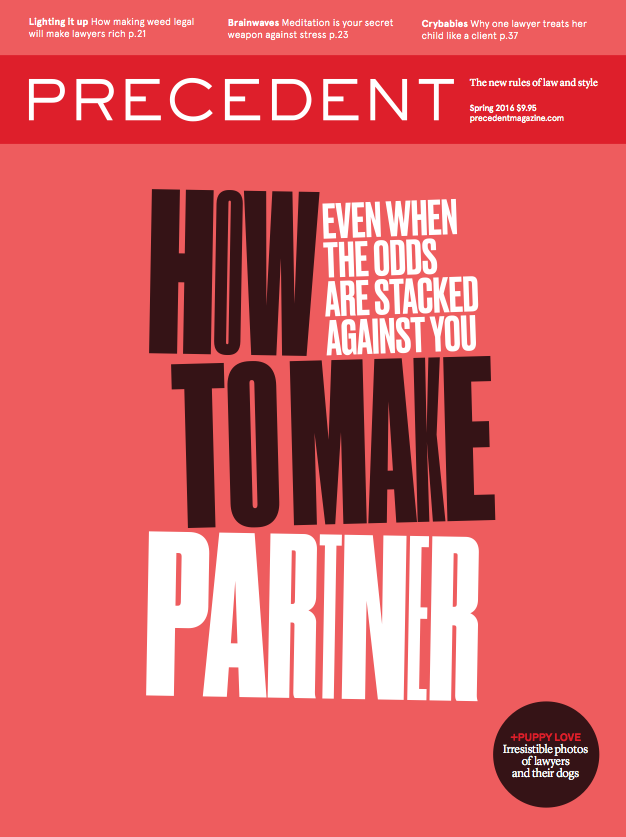There’s no going back now. When Justin Trudeau pulled off a punishing victory in the federal election this past fall, the new prime minister swiftly moved to keep one of his boldest promises: to legalize marijuana. It took him three weeks to ask his new justice minister, Jody Wilson-Raybould, to set up a task force. Medical marijuana is already a mid-size industry in Canada, with close to 30 companies selling the drug. Legalization, though, would set those businesses on fire — a prediction that one of the market’s biggest players, the publicly listed Canopy Growth Corporation, can attest to: one day after the election, its stock shot up by 20 percent. But as lawyer Mark Zekulin, Canopy’s managing director, tells Precedent, a recreational pot market is good business for all lawyers.
Q: It seems that marijuana will soon be legal. How will this create business for lawyers?
In two ways. For one thing, this will create a major industry with more companies that have standard legal needs. That means more mergers, employment issues, construction contracts and companies that want to get publicly listed. The market today is a fraction of what it could be when it’s not restricted to medical marijuana.
Q: And the second way?
That depends how the market is regulated. Right now, we have specific safety guidelines. And there is only one distribution method, a mail-order system. But all that could change once the government sets up a recreational market. Let’s say every province gets to make its own distribution system. Maybe Ontario sells it in liquor stores, and maybe Alberta puts it in convenience stores — then we’ll have to comply with the rules in each province. On top of that, maybe each province sets different rules for how we label our products. That would create tons of legal questions. Now, I don’t really like that option, but if I were a lawyer looking for work, I certainly would.
Q: What do you think the government will do?
At first, I think expanding the current mail-order system checks all the boxes a policy-maker would have: it’s traceable, taxable and out of the hands of children. But I think the rules will change incrementally from there. And inevitably we will get to the point where provinces have their own systems.
Q: By now, some lawyers might be salivating. If they want your work, what can they do to impress you?
Prove they have mastered the sector. Prove they have mastered all the cannabis regulations in Canada, and have a general understanding of those from around the world, from Colorado to Jamaica to Europe. If you’re doing a simple contract, it might not touch on those things directly, but I need lawyers to make unexpected connections.
Q: Are you surprised about the pace of social change, and that pot legalization is coming?
I used to get surprised, but no longer. This is a reflection of how our society views cannabis. The stigma that says there’s something wrong with it as a non-medical product is about to end. To see that disappear over time is rewarding.

Mark Zekulin standing in a 150,000-square-foot weed farm, which was once a Hershey’s chocolate factory
 This story is from our Spring 2016 issue.
This story is from our Spring 2016 issue.
Photography by Nathan Cyprys


